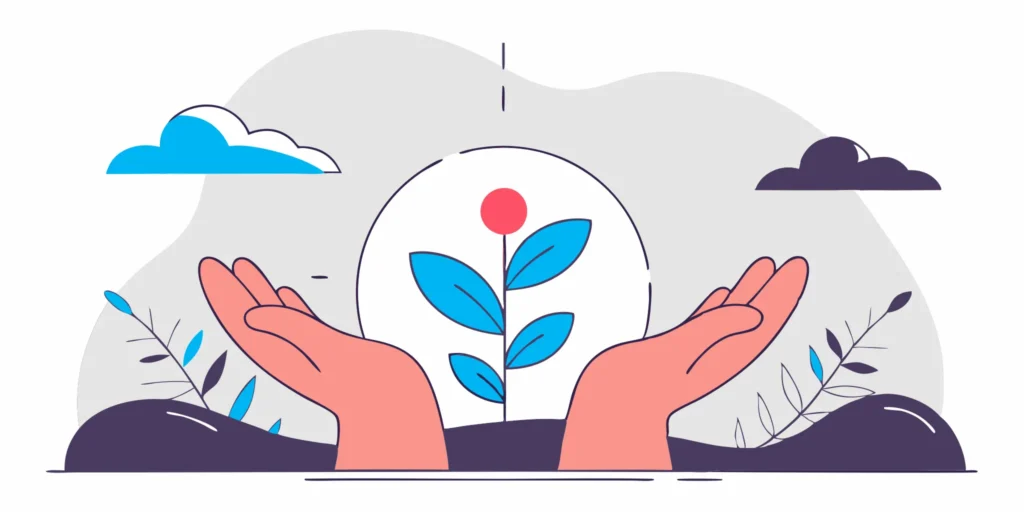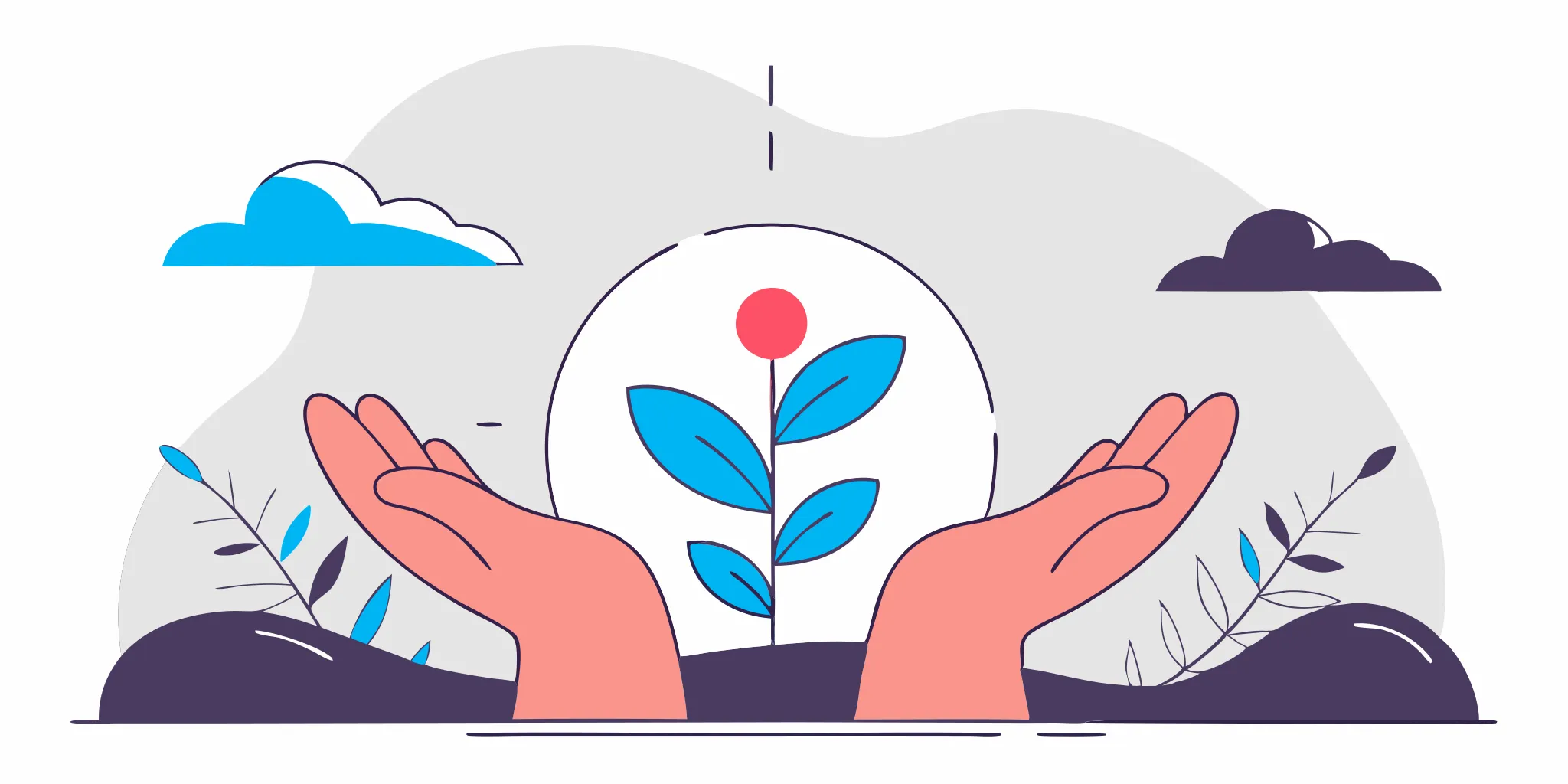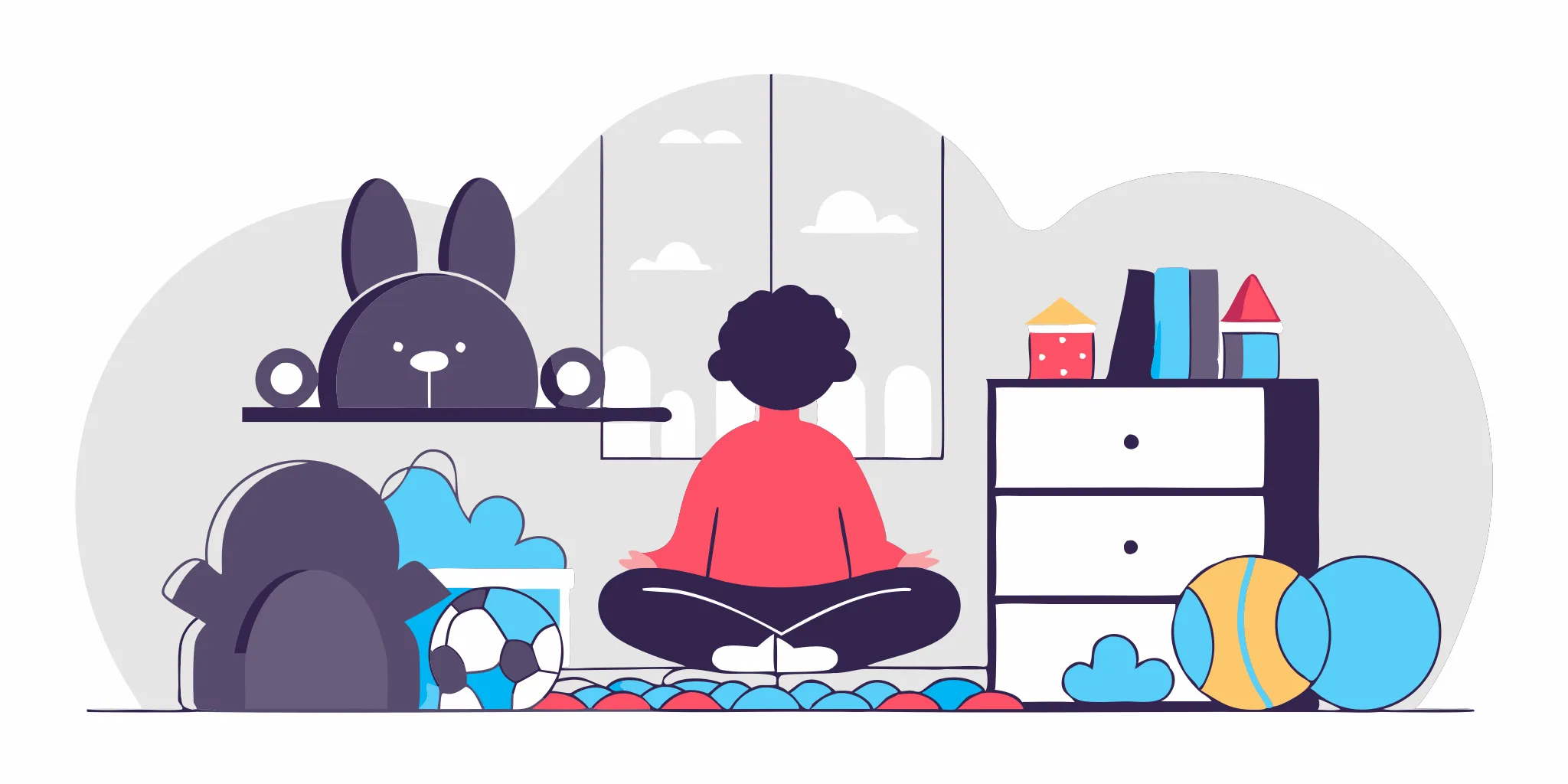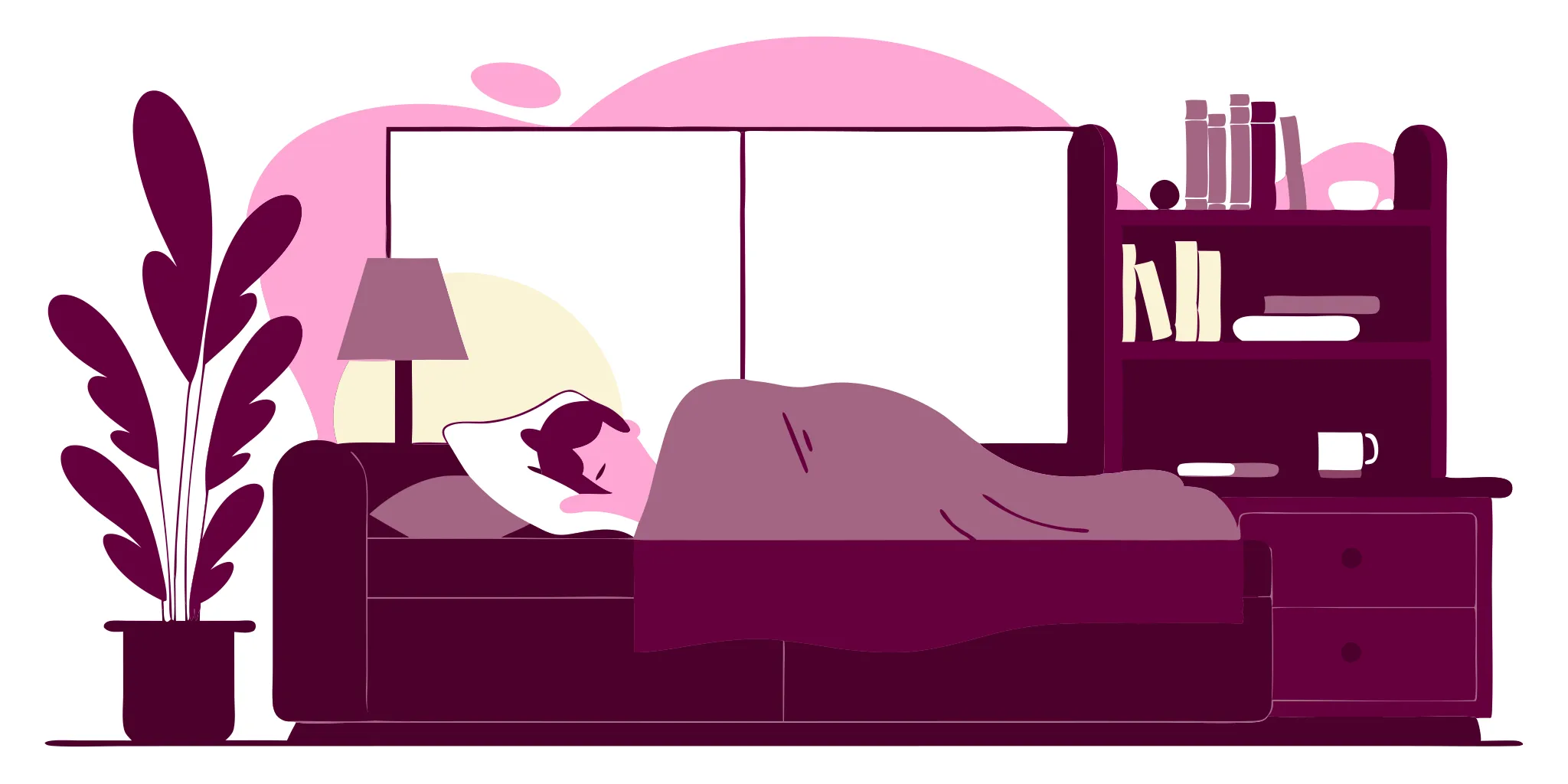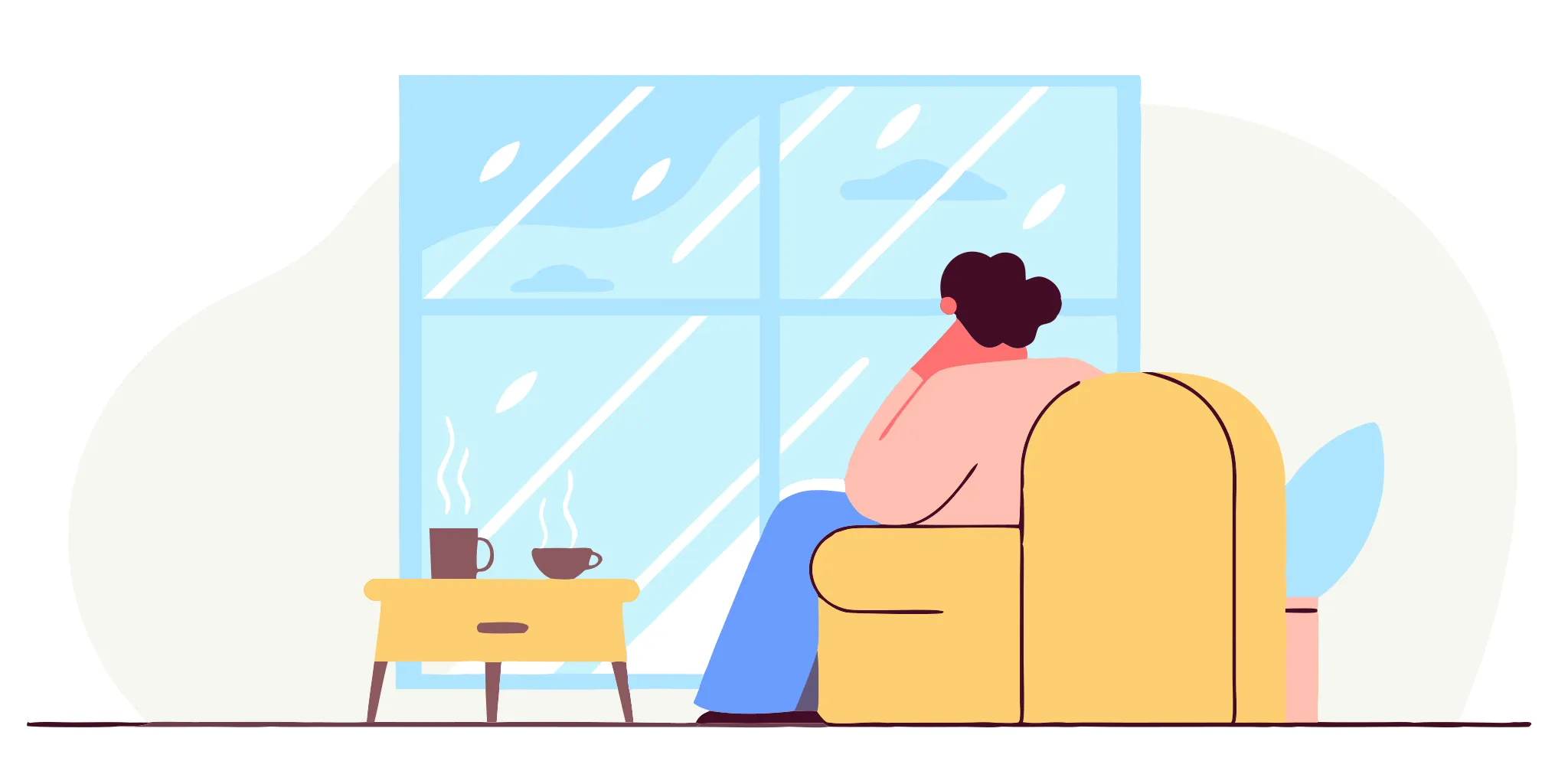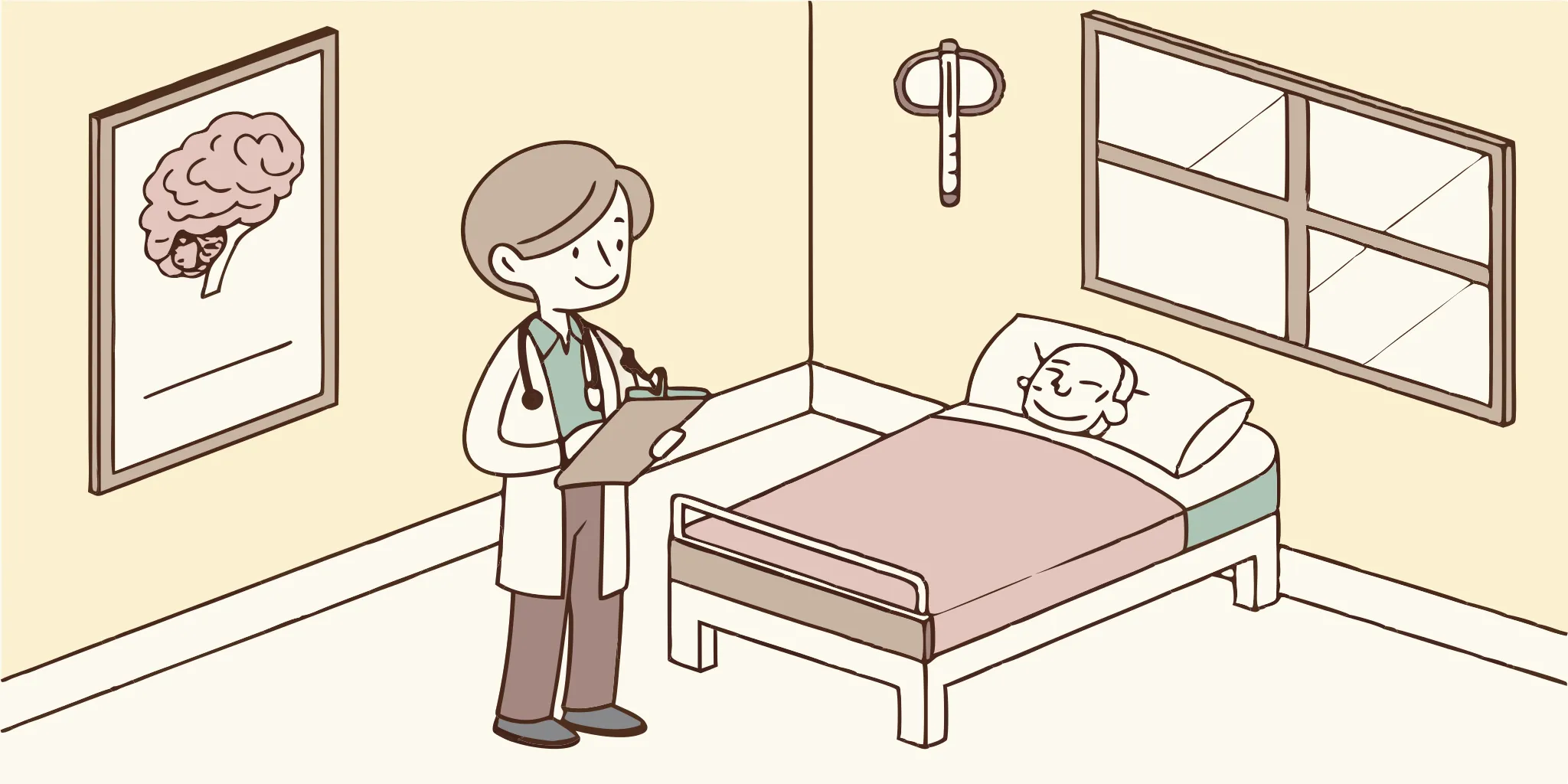The ripple effects of a concussion can extend far beyond the initial injury, often disrupting your ability to work and maintain financial stability. Losing your job after a concussion adds another layer of complexity to an already challenging situation. The financial strain, coupled with the physical and emotional challenges of recovery, can feel overwhelming. This post offers practical guidance and emotional support for individuals facing job loss after a concussion. We’ll explore the emotional toll of unexpected career changes, offering coping strategies for feelings of unfairness, disappointment, and grief associated with losing your former role. We’ll also delve into legal considerations, outlining employee rights and resources available to protect your livelihood. Finally, we’ll discuss strategies for rebuilding your professional identity, maintaining self-worth, and nurturing hope and resilience as you navigate your recovery journey. Concussion Hub is committed to providing you with the information and support you need to move forward.
Key Takeaways
- Prioritize emotional well-being: Job loss after a concussion adds emotional and financial stress to an already difficult situation. Seek support from loved ones, therapists, or support groups, and recognize that your feelings are valid.
- Know your employee rights: Understand your rights under the ADA, FMLA, and workers’ compensation laws. Seek legal counsel if you experience discrimination, retaliation, or difficulty accessing benefits.
- Focus on rebuilding your career: Reassess your skills, explore new career paths, and set realistic goals. Embrace the opportunity for growth and remember that your self-worth is independent of your job title.
What is the Impact of Job Loss After Concussion?
Losing your job after a concussion adds another layer of complexity to an already challenging situation. Beyond the physical symptoms, the financial strain and emotional distress can feel overwhelming. It’s important to recognize that the impact of job loss after a concussion extends far beyond the practicalities of income. It can significantly affect your emotional well-being, relationships, and sense of self.
The inability to work can lead to feelings of frustration, anxiety, and even depression. You might experience a loss of identity, especially if your career was a significant part of how you defined yourself. Financial worries can compound these emotional challenges, creating a cycle of stress that hinders concussion recovery. Relationships can also suffer as you grapple with these difficulties.
It’s crucial to remember that these emotional responses are normal and understandable given the circumstances. Seeking support from friends, family, or a therapist can provide valuable comfort and guidance during this time. Connecting with others who have experienced similar challenges through support groups can also offer a sense of community and shared understanding. Reading personal stories of recovery can also provide inspiration and hope. Remember, acknowledging the emotional impact of job loss is a crucial step in navigating your recovery journey. Practical advice and support can help you regain your footing and rebuild your life after a concussion. You can find resources for coping with the emotional impact of injuries here.
The Emotional Toll of Unexpected Career Changes
Experiencing a concussion can significantly disrupt your life, impacting not only your physical health but also your ability to work. This can lead to unexpected career changes, creating a cascade of emotional challenges. It’s important to understand that these emotional responses are normal and that prioritizing your emotional well-being is crucial for a successful recovery.
Recognize Common Emotions
A concussion can trigger a wide range of emotions. You might feel frustrated by the limitations it imposes on your daily life, anxious about your future job prospects, or sad about the loss of your previous role. These feelings are a common response to the uncertainty and disruption a concussion can bring. The shift in your career path, or even a temporary inability to work, can affect your sense of identity, especially if your career is a significant part of how you define yourself. Acknowledging these emotions is the first step toward managing these challenges. Concussion Hub offers further information and support regarding the impact of concussions.
Prioritize Emotional Self-Care
Taking care of your emotional well-being is as important as addressing your physical symptoms. Simple self-care practices like mindfulness exercises and light physical activity, as tolerated, can make a big difference in how you cope with stress and emotional distress. Connecting with others is also essential. Leaning on your support network of family and friends can provide comfort and encouragement. Don’t hesitate to seek professional support from a mental health professional or counselor who can offer guidance and coping strategies tailored to your needs. They can provide a safe space to process your emotions and develop healthy coping mechanisms. Remember, healing from a concussion involves both your physical and emotional well-being. Learn more about navigating concussion recovery with our introductory audio guide.
Cope With Feelings of Unfairness and Disappointment
A concussion can disrupt your life in unexpected ways, impacting not only your physical health but also your emotional well-being and career. It’s common to experience difficult emotions, including feelings of unfairness and disappointment, especially if your concussion has led to job loss or career setbacks. This section offers guidance on how to acknowledge and process these challenging emotions.
Acknowledge Your Feelings
After a concussion, it’s normal to feel a sense of injustice, especially if your injury has affected your ability to work. You might feel frustrated by the limitations imposed by your symptoms, or resentful that your career has been derailed. Perhaps you’re grappling with the loss of a job you loved, similar to the experience shared in this personal story. These feelings are valid, and acknowledging them is the first step toward healing. Don’t try to suppress or dismiss your emotions; instead, allow yourself to experience them fully. As legal professionals at Coffman Injury Law explain, recognizing and validating these emotions is a crucial part of the recovery process. Concussion Hub offers further information on the emotional impact of concussions.
Process Emotions Healthily
Once you’ve acknowledged your feelings, it’s essential to find healthy ways to process them. Bottling up emotions can hinder your recovery. Talking about your experiences with a trusted friend, family member, or therapist can provide emotional relief. Support groups can also be incredibly helpful, offering a safe space to connect with others who understand your situation. Sharing your experiences with peers can create a sense of community and reduce feelings of isolation. Consider exploring coping strategies like mindfulness practices to help manage the emotional toll of your concussion. You can find more helpful strategies for managing concussion recovery at Concussion Hub. Remember, healing takes time, and seeking support is a sign of strength.
Grieve Your Former Role
Experiencing a concussion can significantly disrupt your professional life, sometimes leading to job loss and an unexpected career change. It’s important to understand that the emotional impact of this experience is real and valid. This isn’t just about losing a paycheck; it’s about losing a part of your identity, your routine, and your sense of purpose. Allow yourself time to process these complex emotions.
Stages of Grief in Career Loss
Similar to the grieving process after a bereavement, you might experience a range of emotions after a concussion-related job loss. These can include denial, anger, bargaining, depression, and acceptance. You might initially deny the severity of the situation or the impact it has on your career. Anger and frustration are also common, perhaps directed at the circumstances of the injury, the limitations it imposes, or even yourself. You might find yourself bargaining, thinking “if only I had done this differently.” Feelings of sadness and depression can emerge as the reality of the situation sets in. Understanding these stages is a crucial step in coping with the emotional aftermath of a concussion. With time and support, you can reach a place of acceptance, acknowledging the changes and beginning to look towards the future.
Find Closure and Acceptance
Finding closure means acknowledging the loss of your former role and allowing yourself to feel the associated emotions. This doesn’t mean forgetting or minimizing the experience, but rather integrating it into your life story. Acceptance isn’t about giving up; it’s about recognizing that this change, while difficult, can open up new possibilities. Concussion Hub offers a variety of resources, including personal stories of recovery, that can provide comfort and inspiration during this challenging time. Support groups or therapy can provide a safe and supportive environment to process these feelings and gain valuable coping strategies. Remember, you are not alone in this journey, and resources are available to help you move forward.
Legal Considerations and Employee Rights After Concussion
Experiencing a concussion can significantly disrupt your life, impacting not only your health but also your ability to work. Understanding your legal rights and the resources available is crucial for protecting your livelihood during this challenging time. This section outlines key employee rights and legal considerations after a concussion.
Know Your Rights
Several federal laws offer protection and support for employees recovering from concussions. The Americans with Disabilities Act (ADA) prohibits discrimination based on disability, which can include conditions stemming from a concussion. Employers must provide reasonable accommodations to employees with disabilities, such as modified schedules or adjusted job duties, unless doing so creates undue hardship for the business. For more information on the ADA, visit the U.S. Equal Employment Opportunity Commission website. The Family and Medical Leave Act (FMLA) allows eligible employees to take unpaid, job-protected leave for serious health conditions, potentially including concussion recovery. This leave ensures your job security while you focus on healing. The U.S. Department of Labor offers detailed information on FMLA eligibility and requirements. Additionally, you might be entitled to workers’ compensation benefits, which can cover medical expenses and lost wages incurred during your recovery. These benefits can provide crucial financial support while you are unable to work. Learn more about workers’ compensation through the U.S. Department of Labor.
When to Seek Legal Counsel
While many employers are understanding and supportive, situations may arise where your rights are not being respected. If you believe your employer isn’t providing necessary accommodations or is discriminating against you due to your concussion, consulting with an attorney specializing in employment law is wise. Resources like the U.S. Equal Employment Opportunity Commission can help you understand the legal rights of employees with disabilities. An attorney can help you understand your rights under the ADA, FMLA, and any applicable state laws, especially if you encounter retaliation or discrimination related to your concussion. If your employer denies your workers’ compensation claim or fails to provide necessary accommodations, seeking legal counsel can help you navigate the often complex appeals process. The National Council on Compensation Insurance offers information on workers’ compensation claims and appeals. Remember, seeking legal counsel doesn’t necessarily mean going to court; it often means gaining clarity on your rights and options, and having an advocate to help you communicate effectively with your employer. The National Disability Rights Network provides valuable resources and support for individuals with disabilities, including those recovering from concussions.
Rebuild Your Professional Identity Post-Injury
Rebuilding your professional identity after a concussion can feel like starting over. It’s a process that takes time, self-compassion, and a willingness to explore new possibilities. This section offers guidance as you redefine your career path.
Reassess Your Skills and Passions
A concussion can shift your perspective, prompting you to re-evaluate what truly matters. Take this opportunity to reassess your skills and passions. What have you always enjoyed doing? What are you naturally good at? Perhaps you’ve honed strong communication skills through past work experiences, or maybe you’ve discovered a passion for problem-solving through volunteer work. Talking about your feelings and experiences with friends, family, or a therapist can bring clarity to this process. This self-reflection helps identify transferable skills applicable to new career opportunities and provides emotional relief as you cope with the emotional aftermath of an injury. Remember, your skills and passions are valuable assets, even after a concussion. Consider these strategies for coping with the emotional impact of personal injuries.
Explore New Career Paths
Once you’ve identified your strengths and interests, start exploring new career paths. This might involve researching different industries, networking with professionals in fields that intrigue you, or taking online courses to develop new skills. Consider career paths that align with your current abilities and interests. A fresh start can be empowering. Finding the right support system—whether it’s family, friends, or professional networks—can make a significant difference as you explore these new avenues. Don’t be afraid to think outside the box and consider options you may not have previously entertained. This is your chance to create a career path that truly resonates with you. Learn more about coping with the emotional and psychological impact of an injury. This exploration can be a crucial step in your recovery.
Maintain Self-Worth During Recovery
Recovering from a concussion can be a challenging journey, often impacting various aspects of your life, including your career. It’s easy to feel discouraged, especially if your injury has led to job loss or a change in your professional role. Remember, your self-worth remains intact, regardless of your employment status. This section focuses on practical strategies to maintain a positive self-image and rebuild confidence during your recovery.
Separate Self-Worth from Job Title
Your job title doesn’t define you. It’s simply one aspect of your life. Many people face unexpected career changes due to circumstances beyond their control, like injuries or health issues. One person shared their experience of being demoted after an injury, highlighting the unfairness they felt compared to colleagues whose life changes, like pregnancy, were treated differently. This experience underscores the importance of separating your identity from your job. You are valuable and capable, regardless of your current employment situation. Remember your strengths, skills, and the qualities that make you unique. Focus on what you can control, like your attitude and your recovery plan.
Build Confidence Through Small Wins
Rebuilding confidence takes time and effort. Focus on small, achievable victories during your recovery. Start with activities that promote self-care and emotional well-being. Talking about your feelings can be incredibly helpful, providing emotional relief and reducing stress. Connecting with support groups can foster a sense of community and shared understanding with others who have similar experiences. Developing coping strategies for the emotional and psychological challenges after a concussion is also essential. Consider seeking professional help if needed; it can make a significant difference in your recovery journey. As you achieve these small wins, you’ll gradually regain confidence and a sense of control over your life.
Rehabilitation’s Role in Career Recovery
Getting back to your career after a concussion involves a multifaceted approach, and rehabilitation plays a crucial role. This involves both physical and cognitive rehabilitation strategies tailored to your specific needs and abilities.
Physical Rehabilitation Techniques
Physical rehabilitation is a cornerstone of concussion recovery. Research shows that structured physical activity has a significant positive impact on the recovery process (The Role of Active Rehabilitation in Concussion Management). Even light exercise, sometimes called “subthreshold aerobic activity,” can be beneficial in the early stages. Think of it as gently easing your body back into its normal rhythm.
As you progress, a structured “Return to Play Protocol” can guide your rehabilitation. This protocol outlines a step-by-step approach, starting with rest and gradually increasing physical exertion (Return to Play Protocol for Athletes). This might include light aerobic exercise like walking or stationary cycling, eventually building towards sport-specific training if your job involves physical activity. Remember to listen to your body and work with healthcare professionals to ensure a safe and effective return to your previous physical demands.
Cognitive Rehabilitation Strategies
Cognitive rehabilitation focuses on restoring mental functions affected by the concussion. This is where occupational therapists (OTs) can be incredibly helpful. They specialize in supporting individuals as they return to meaningful activities, including work. OTs work with you to address challenges like difficulty concentrating, memory problems, and difficulties with decision-making (Occupational Therapy’s Role in Return to Occupations). Understanding your experience helps inform these tailored strategies.
Cognitive rehabilitation strategies are often personalized to your specific work tasks. For example, if your job involves a lot of multitasking, your OT might work with you on exercises to improve your attention and organizational skills. They can also help you develop strategies to manage cognitive fatigue, a common experience after concussions. By working with an OT, you can regain the cognitive skills necessary to successfully return to your career.
Create a Supportive Environment for Healing
Recovery from a concussion involves more than just physical healing; it requires emotional and mental support. Creating a strong support system can significantly influence your recovery journey. This involves open communication with loved ones, seeking professional guidance, and understanding your workplace rights.
Build a Network of Understanding
Connecting with others who understand your experience is crucial for emotional well-being during concussion recovery. Talking about your feelings and experiences can help alleviate stress and provide emotional relief. Sharing your challenges with family and friends creates a safe space for processing emotions and reducing feelings of isolation. Consider joining support groups for individuals dealing with similar injuries. These groups offer valuable peer support and understanding, reminding you that you’re not alone. Concussion Hub offers further information and resources for coping with the emotional challenges of concussion. Remember, seeking support is a sign of strength.
Workplace Accommodations and Support
Returning to work after a concussion requires careful planning and open communication with your employer. Understanding your legal rights and available accommodations can ease this transition. Federal laws, such as the Family and Medical Leave Act (FMLA), offer job-protected leave for medical reasons, including pregnancy-related conditions that may coincide with concussion recovery. The Pregnant Workers Fairness Act (PWFA) provides additional protections for pregnant workers, ensuring reasonable accommodations are made. Discuss your needs with your employer and explore possible accommodations, such as modified work schedules or a reduced workload, to support your recovery while maintaining employment. The U.S. Department of Labor offers guidance on employment rights for pregnant and nursing workers, including accommodations for disabilities. Knowing your rights and advocating for your needs creates a more supportive work environment.
Nurture Hope and Resilience in Your Recovery
Recovery from a concussion takes time and involves emotional and physical healing. It’s a journey, not a race, and building resilience is key to navigating the ups and downs. Resilience isn’t about ignoring challenges; it’s about learning to adapt and bounce back. This section focuses on practical strategies to cultivate hope and resilience throughout your recovery process.
Set Realistic Goals
Setting achievable goals is a cornerstone of resilience. After a concussion, you might experience limitations that make everyday tasks feel difficult. Start with small, manageable goals that build a sense of accomplishment. Instead of aiming to return to your full workload immediately, perhaps focus on completing one specific task each day. As you progress, gradually increase the complexity and demands of your goals. This structured approach not only helps you manage expectations but also provides tangible evidence of your progress, fostering motivation and hope. Remember, progress isn’t always linear. There will be good days and bad days. Be patient with yourself and celebrate every milestone, no matter how small. Setting realistic goals helps you maintain a sense of control during a time that can feel overwhelming. For additional support during the early stages of recovery, explore our resources on managing the initial steps after a concussion.
Embrace New Opportunities
A concussion can disrupt your life in unexpected ways, sometimes leading to career changes or shifts in personal priorities. While these changes can be challenging, they also present opportunities for growth and self-discovery. Perhaps this is a time to explore a new skill, revisit a long-held passion, or connect with others who understand your experience. Building a support system can make a significant difference in your emotional well-being. Engaging in activities that promote mental and physical well-being, such as mindfulness or joining a support group, can open doors to new possibilities. Consider exploring resources like our audio guide for additional support and perspectives on navigating concussion recovery. Remember, building resilience involves adapting to change and finding new paths forward. Embrace the opportunity to learn more about yourself and discover new strengths. This experience, while difficult, can ultimately lead to personal and professional growth.
Related Articles
- Employers Archives – Concussion Hub
- What should I do after a concussion? – Concussion Hub
- Understanding Emotional Changes After Concussion – Concussion Hub
- Beyond Rest: Effective Concussion Treatment & Recovery – Concussion Hub
- Feeling Lost After Concussion? Reclaiming Your Identity – Concussion Hub
Frequently Asked Questions
Is it normal to feel depressed after losing my job due to a concussion? Absolutely. Losing a job is a significant life event, and when coupled with recovering from a concussion, it’s understandable to feel depressed, anxious, or frustrated. The combination of financial worries, physical limitations, and emotional distress can be overwhelming. Remember, you’re not alone in feeling this way, and seeking support from mental health professionals, support groups, or loved ones can make a big difference.
What resources are available if I can no longer perform my previous job duties due to my concussion? Several resources can help you if your concussion prevents you from returning to your previous job. Start by exploring options within your company, such as modified duties or a gradual return-to-work plan. If those aren’t feasible, consider vocational rehabilitation services, which can help you identify new career paths and develop the necessary skills. Additionally, resources like the Job Accommodation Network (JAN) can provide guidance on workplace accommodations and legal rights.
How can I explain my concussion and its impact to potential employers? Focus on your abilities and how you’ve adapted. You can briefly mention your concussion and emphasize the skills you’ve retained or developed during your recovery. For example, you might highlight your resilience, problem-solving abilities, or adaptability. You can also discuss any accommodations you might need, framing them positively as ways to maximize your productivity. Remember, you don’t have to disclose every detail of your medical history, but being prepared to discuss your situation confidently can ease any concerns a potential employer might have.
My concussion has affected my memory and concentration. How can I regain these cognitive skills? Cognitive rehabilitation can be incredibly helpful in restoring cognitive functions affected by a concussion. Occupational therapists can assess your specific challenges and develop a personalized plan to improve memory, attention, and other cognitive skills. This might involve exercises, strategies, and assistive technologies tailored to your needs and work tasks. Concussion Hub offers additional resources on cognitive rehabilitation and strategies for managing cognitive fatigue.
How can I maintain a positive self-image while struggling with the effects of a concussion? It’s easy to feel discouraged when a concussion disrupts your life and career. Remember, your self-worth is independent of your job title or current abilities. Focus on your strengths, celebrate small victories, and engage in activities that bring you joy and a sense of accomplishment. Connecting with others, whether through support groups or personal relationships, can remind you that you’re not alone and that your value extends beyond your professional life.

